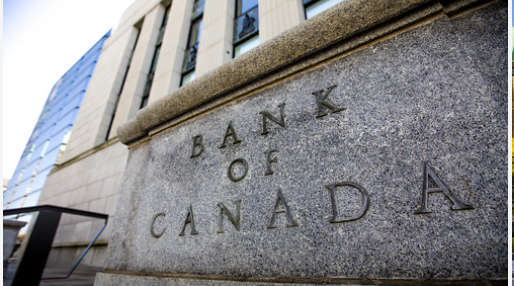
The OPP are reminding the public to be cautious about online dating after a local resident was duped out of $20,000.
PERTH COUNTY - The OPP are reminding the public to be cautious about online dating after a local resident was duped out of $20,000.
Police say the victim developed a relationship with a man over the Internet after meeting through a social media web site. They exchanged several emails over the past year with details of the suspects history and employment status.
Over the course of the year, the man claimed he had several emergencies and the victim forwarded a total of $20,000 to help him out. It turns out this was a scam and the victim had been used by this man for money.
Single or recently unattached people - often females - are among the growing number of vulnerable population to be victimized by criminals through fraudulent means. Usually this occurs through contact online via e-mail blasts, social media (Facebook, Twitter, Pinterest, etc) or singles and dating-related 'meet' web sites. Among the more prevalent schemes are money transfers via Romance or Dating Scams. In some cases, prolonged interaction with individuals has cost some victims tens/hundreds of thousands of dollars before the relationship ends - usually after the culprit gets what they want.
Knowledge is power. All consumers - regardless of age and gender - can take basic steps to better protect themselves from becoming victims of fraud, such as never giving out personal information over the phone, the Internet or through social media/dating web sites.
Always get independent advice - from family members, a trusted friend or advisor -- if any offers involve money, personal information, time or commitment.
Tips to Avoid Being a Victim of a Romance / Dating Scam
- Check web site addresses carefully. Scammers often set up fake web sites with very similar addresses to legitimate dating web sites. Make sure you only use legitimate and reputable dating web sites.
- Never send money, or give credit card or online account details to anyone you do not know and trust. A request to send money to a foreign country (using Western Union or MoneyGram) to this person you have never personally met should be a red flag.
- Don't give out any personal information in an email or when you are chatting online. Like any scam, use your computer to your advantage. Educate yourself. Check the person's name, the company name the addresses used, and ask yourself, "Would this be normal?"
- Ask yourself - "Would someone I have never met really declare their love for me after only a few letters or emails?"
It's not always easy to spot scams, and new ones are invented every day.
Knowledge is power. If you want to stay on top of scams, inform yourself on how to recognize the various types of scams and protect your personal information by visiting law enforcement organizations' web sites, such as www.opp.ca, the Canadian Anti-Fraud Centre (CAFC) www.antifraudcentre.ca or other reputable organizations.



 UPDATE: Collision on Norwich Ave Cleared
UPDATE: Collision on Norwich Ave Cleared
 Woodstock Dragon Boat Fest Returns
Woodstock Dragon Boat Fest Returns
 Privacy Incident at Woodstock Hospital
Privacy Incident at Woodstock Hospital
 Charges Laid in Ingersoll Drug Bust
Charges Laid in Ingersoll Drug Bust
 Opening Ceremony for Paris Olympics Today
Opening Ceremony for Paris Olympics Today
 UPDATE: Pizza Fest Results Revealed
UPDATE: Pizza Fest Results Revealed
 Woodstock Issues Scam Warning
Woodstock Issues Scam Warning
 Local Group Looks to Save Woodstock Aquatics Facilities
Local Group Looks to Save Woodstock Aquatics Facilities
 UPDATE: Motorcyclist Killed in Zorra Crash
UPDATE: Motorcyclist Killed in Zorra Crash
 Mountain Bike Stolen in Delhi
Mountain Bike Stolen in Delhi
 Drowning Prevention Tips from Local Lifesavers
Drowning Prevention Tips from Local Lifesavers
 Registration Opens for Woodstock Christmas Tour
Registration Opens for Woodstock Christmas Tour
 Operation Sharing Welcomes New Executive Director
Operation Sharing Welcomes New Executive Director
 Bank of Canada Cuts Interest Rate
Bank of Canada Cuts Interest Rate
 Community Grant Applications Open in Zorra
Community Grant Applications Open in Zorra
 Kayaker Rescued in Beachville
Kayaker Rescued in Beachville
 Mischief in Woodstock Leads to Charges
Mischief in Woodstock Leads to Charges
 Woodstonian Busted for Impaired Driving
Woodstonian Busted for Impaired Driving
 Operation Sharing Looking for Donations
Operation Sharing Looking for Donations
 Running with the Bulls Raises Over $15,000
Running with the Bulls Raises Over $15,000



Comments
Add a comment